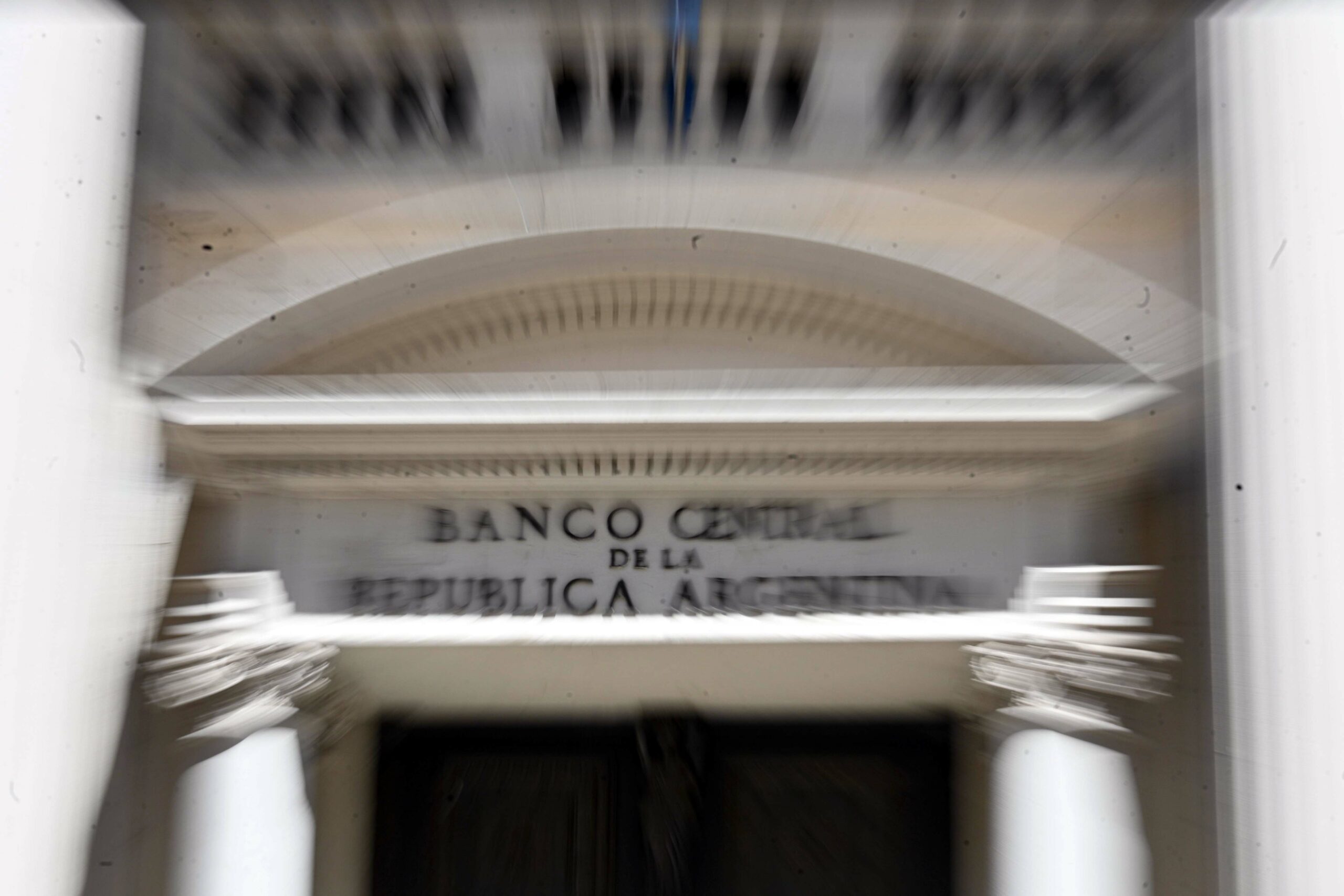


Argentina is grappling with an acute economic crisis, characterized by the highest inflation rate globally. In a significant move, Argentina's Central Bank sold US$803 million from December 25 to 27, 2024, with US$599 million sold on December 26, marking the highest single-day sale since October 2019. This surge in sales is attributed to pent-up demand from the auto sector following the lifting of the PAIS tax. On December 25, US$179 million was sold, and US$25 million on December 27. Despite this activity, net reserves remain US$6 billion in the red, although gross international reserves increased by US$1.3 billion in December. The informal 'blue' dollar rate rose by 4.7% to AR$1,215 during this period. [6500a5dc]
Veteran economist Steve Hanke from Johns Hopkins University has long advocated for the dollarization of Argentina's economy and the abolition of the central bank, arguing that these measures could stabilize the economy and restore public confidence. Hanke's views resonate with President-elect Javier Milei, who has pledged to dollarize the economy, privatize the pension system, and abolish the central bank upon taking office. Milei's radical economic proposals are seen as essential for breaking the cycle of high inflation that has plagued Argentina for years. [1072f043]
However, the calls for dollarization face significant opposition. Critics warn that adopting the US dollar would mean sacrificing national sovereignty and relinquishing control over monetary policy to the US Federal Reserve. Additionally, economists highlight that dollarization requires substantial dollar reserves, which Argentina currently lacks. The experience of Ecuador, which dollarized in 2000, serves as a cautionary tale that such measures are not a guaranteed fix for economic problems. [6fa683d2]
Amid these discussions, Economy Minister Luis Caputo has indicated that fresh funds from the International Monetary Fund (IMF) are crucial to eliminate exchange controls. Analysts predict that sustained dollar demand will continue due to high import needs and the strong peso. Furthermore, potential IMF conditions may necessitate the removal of the 'blend dollar' rate, complicating the economic landscape further. [6500a5dc]
As the economic situation evolves, the upcoming administration of President-elect Milei will have to navigate the complexities of implementing dollarization and addressing the immediate challenges posed by the Central Bank's recent dollar sales. The outcome of these efforts will significantly impact Argentina's economic future, determining whether the proposed measures can bring the stability and confidence that the country desperately needs. [1072f043] [6fa683d2]